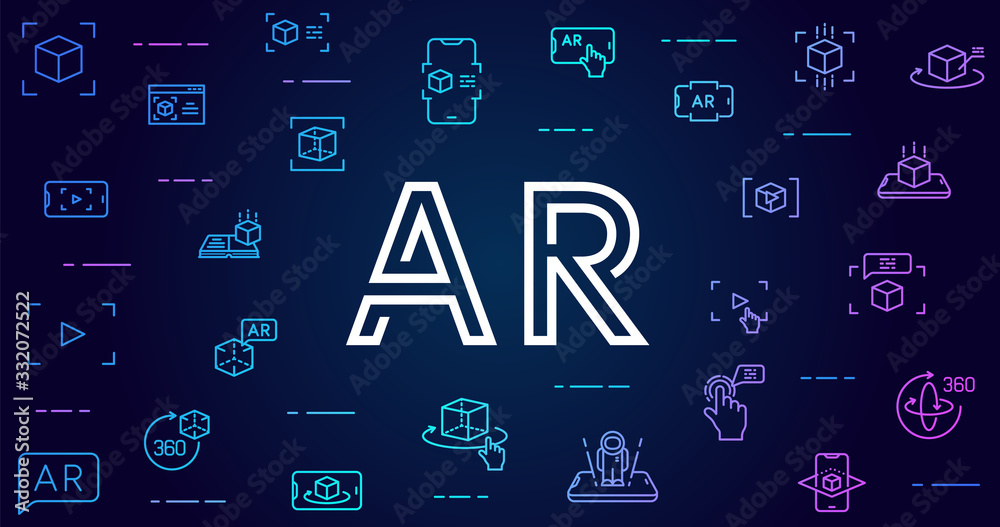Description
Introduction of Quantum Algorithms
This training program is designed for individuals who want to understand and apply quantum algorithms through a practical, hands-on approach. Participants will learn the fundamental principles of quantum computing and explore various quantum algorithms, including their implementation and optimization. The course combines theoretical concepts with practical exercises to ensure a comprehensive understanding of quantum algorithms and their real-world applications.
Prerequisites
- Basic knowledge of classical computing and algorithms
- Understanding of linear algebra and probability theory
- Familiarity with programming concepts (preferably in Python)
- No prior experience with quantum computing is required, but a willingness to learn new concepts is essential
Table of contents
1: Introduction to Quantum Computing
- Objective: Gain an understanding of the basics of quantum computing and its principles.
- Content:
- Overview of quantum computing and its significance
- Quantum bits (qubits) and quantum superposition
- Quantum entanglement and quantum gates
- Quantum measurement and collapse
- Introduction to quantum computing platforms and tools
2: Quantum Mechanics Fundamentals
- Objective: Explore the fundamental principles of quantum mechanics that underpin quantum algorithms.
- Content:
- Basics of quantum mechanics and wave functions
- Quantum superposition and interference
- Quantum entanglement and Bell states
- The concept of quantum gates and circuits
- Review of mathematical concepts (linear algebra) used in quantum mechanics
3: Introduction
Objective: Learn about key quantum algorithms and their applications.
- Content:
- Overview and benefits
- Introduction to Deutsch-Josza algorithm
- Grover’s search algorithm and its applications
- Shor’s factoring algorithm and its implications
- Quantum Fourier Transform and its role in algorithms
4: Hands-On with Quantum Programming
- Objective: Develop practical skills in quantum programming using popular quantum computing frameworks.
- Content:
- Introduction to quantum programming languages (Qiskit, Cirq, etc.)
- Setting up the development environment
- Writing and running simple quantum programs
- Debugging and troubleshooting quantum code
- Exploring quantum simulators and real quantum hardware
5: Implementing
- Objective: Implement and analyze key quantum algorithms through hands-on exercises.
- Content:
- Implementing the Deutsch-Josza algorithm
- Coding Grover’s search algorithm and analyzing its performance
- Implementing Shor’s algorithm for integer factorization
- Using Quantum Fourier Transform in practice
- Comparing classical and quantum approaches to problem-solving
6: Quantum Algorithm Optimization
- Objective: Learn techniques for optimizing and improving their efficiency.
- Content:
- Understanding the limitations and challenges
- Techniques for optimizing quantum circuits
- Reducing quantum gate counts and errors
- Error correction and noise management in quantum computing
- Best practices for designing efficient
7: Quantum Algorithms for Real-World Applications
- Objective: Explore the application of quantum algorithms in various fields.
- Content:
- Quantum algorithms in cryptography and security(Ref: Quantum Cryptography &Secure Communication )
- Applications in optimization and machine learning
- Quantum simulations for chemistry and materials science
- Case studies of real-world quantum applications
- Future trends and potential developments in quantum computing
8: Project: Developing a Quantum Solution
- Objective: Apply knowledge to develop a complete quantum solution for a given problem.
- Content:
- Defining a problem suitable
- Designing and implementing a quantum solution
- Testing and optimizing the solution
- Presenting the solution and discussing implementation strategies
- Reviewing lessons learned and best practices
9: Exam Preparation and Practice
- Objective: Prepare for quantum computing assessments and certifications with review and practice.
- Content:
- Review of key topics and concepts covered in the training
- Understanding the assessment format and question types
- Practice with sample exam questions and scenarios
- Exam preparation tips and resources
- Addressing final questions and concerns
10: Future Learning and Career Development
- Objective: Explore further learning opportunities and career development in quantum computing.
- Content:
- Advanced courses and certifications in quantum computing
- Resources for ongoing learning and professional development
- Staying updated with quantum computing research and advancements
- Networking and community resources
- Planning for career growth and future projects
To conclude; this training program aims to provide participants with a thorough understanding of quantum algorithms and practical experience in implementing and optimizing them. By combining theoretical knowledge with hands-on exercises, participants will be well-equipped to tackle quantum computing challenges and contribute to advancements in this emerging field.







Reviews
There are no reviews yet.